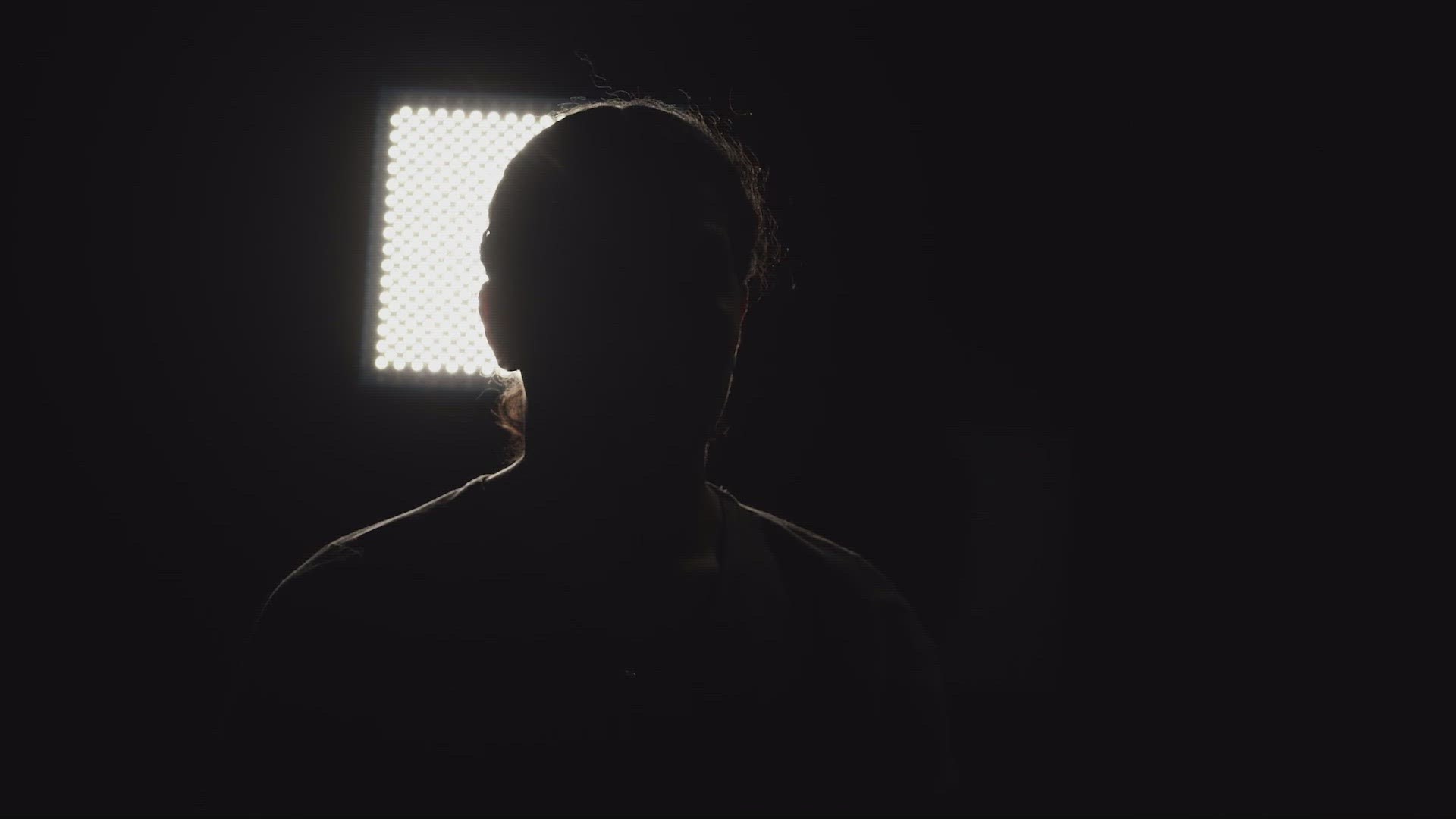LEESBURG, Va. — The video of a Virginia woman having sex with her partner reached 71,000 views before it was taken down. By the time she found out, the statute of limitations had already passed.
The victim, who only wanted to be identified as Marie, said her ex-boyfriend posted the recording to a porn website right before their relationship “had ended on poor terms.” The legal process, which unexpectedly took more than two years, ended earlier this year when a judge in Loudoun County dropped the charge against the defendant after the defense cited statute of limitations.
While her story is difficult to tell, she hopes people can learn from her experience.
“I felt humiliated,” Marie told WUSA9. “I felt like I had been raped by all of the people that viewed it to be honest because it was an intimate image.”
Marie consented to making the video of her having sex in January 2019, but only learned about the upload in September 2020 when an acquaintance sent her the link.
“I never gave him the video,” she said. “I never expected that it would be in anyone else’s hands. I immediately recognized myself and I knew.”
Marie believed he took the original video from her cell phone and sent it to himself before the breakup, according to a court document.
Her former boyfriend was charged with unlawful dissemination or sale of images of another person, a Class 1 misdemeanor, which is punishable by up to 12 months in jail and a $2,500 fine.
Although the Loudoun County Commonwealth’s Attorney’s Office said there was strong evidence that indicated he was guilty, a judge dismissed the case.
Most misdemeanor cases in Virginia have a statute of limitations of one year. There are several exceptions.
By the time authorities issued an arrest warrant, the defense argued it was nine months after the statute of limitations passed.
“The statute as it is right now essentially allows someone to get away with publishing it because we don’t get a chance to discover it,” Loudoun County Assistant Commonwealth’s Attorney Cedric Moon told WUSA9. “She didn’t know there was a revenge porn video of her until a year-and-a-half after it was published. How can we fight something that we don’t know?”
Moon argued the statute of limitations should have started once the victim discovered the video was posted online.
“It’s made me a lot more cautious and hesitant,” Marie said. “I don’t trust my judgement. I’m a lot more guarded.”
The motion to dismiss by the defense not only cited statute of limitations, but argued there were delays in the case that would have prevented a speedy trial.
A judge in the Juvenile and Domestic Relations District Court also ruled the warrant against the ex-boyfriend was filed in the wrong court.
“In other words, the matter languished for almost two years in a court had no jurisdiction and the Commonwealth did nothing to correct that or to pursue the case,” a memorandum filed in August said.
The defense also blamed the delay on how long it took to serve the arrest warrant. It was obtained in September 2020 but was not served until March 2022.
In a motion filed by the Commonwealth responding to the motion to dismiss, Moon said a Loudoun County deputy attempted to serve the warrant to the suspect multiple times.
“As noted in the policy report, as of December 4, 2020, the Defendant refused all attempts to meet with Deputy Lewis or turn himself in on the active warrant,” the court document read.
The prosecution said it was not until the suspect was charged with robbery in another county when he was finally served the arrest warrant.
Although Moon understands the argument of statute of limitations, there are questions if more could have been done to help the victim get justice.
Virginia lawmakers introduced two pieces of revenge porn legislation under the same criminal code in 2014. One of them is the unlawful creation of an image of another person, which has a five-year statute of limitations.
The other charge of unlawful dissemination, the one the suspect was facing, does not have a provision that specified a statute of limitations.
“The authors of the bill stated it was simply an oversight,” Moon said.
Delegate Marcus Simon, (D) Falls Church, helped introduce the bill. In an email exchange with Moon, Simon says that it did not occur to him to amend the bill to give it a similar statute of limitation.
“I think we should probably introduce legislation going forward to fix that,” the email read.
In an email to WUSA9, Simon added, “We didn’t put in a bill this year- but we certainly can put it in the list for 2024 now they we know the outcome of the Loudoun Case.”

